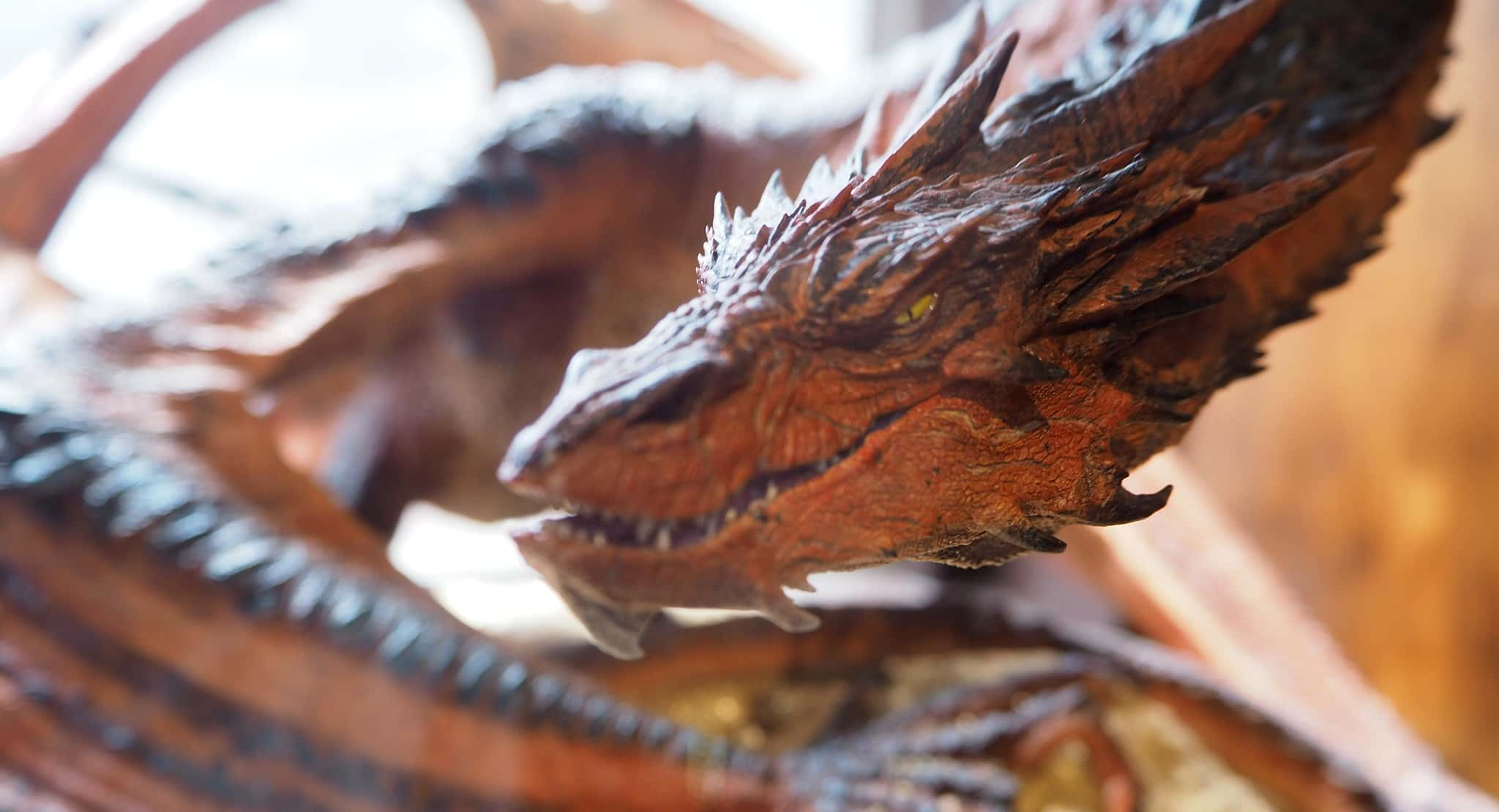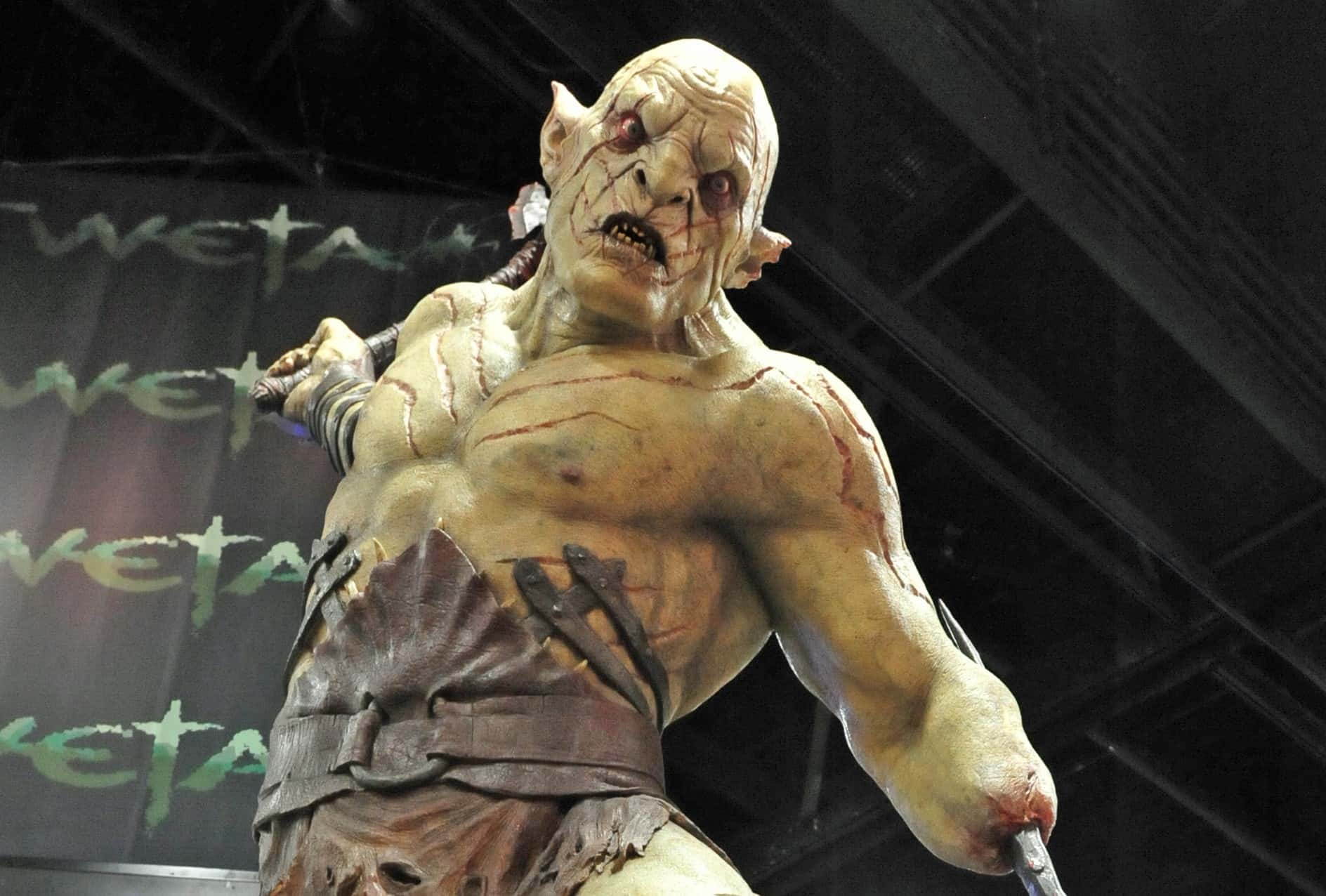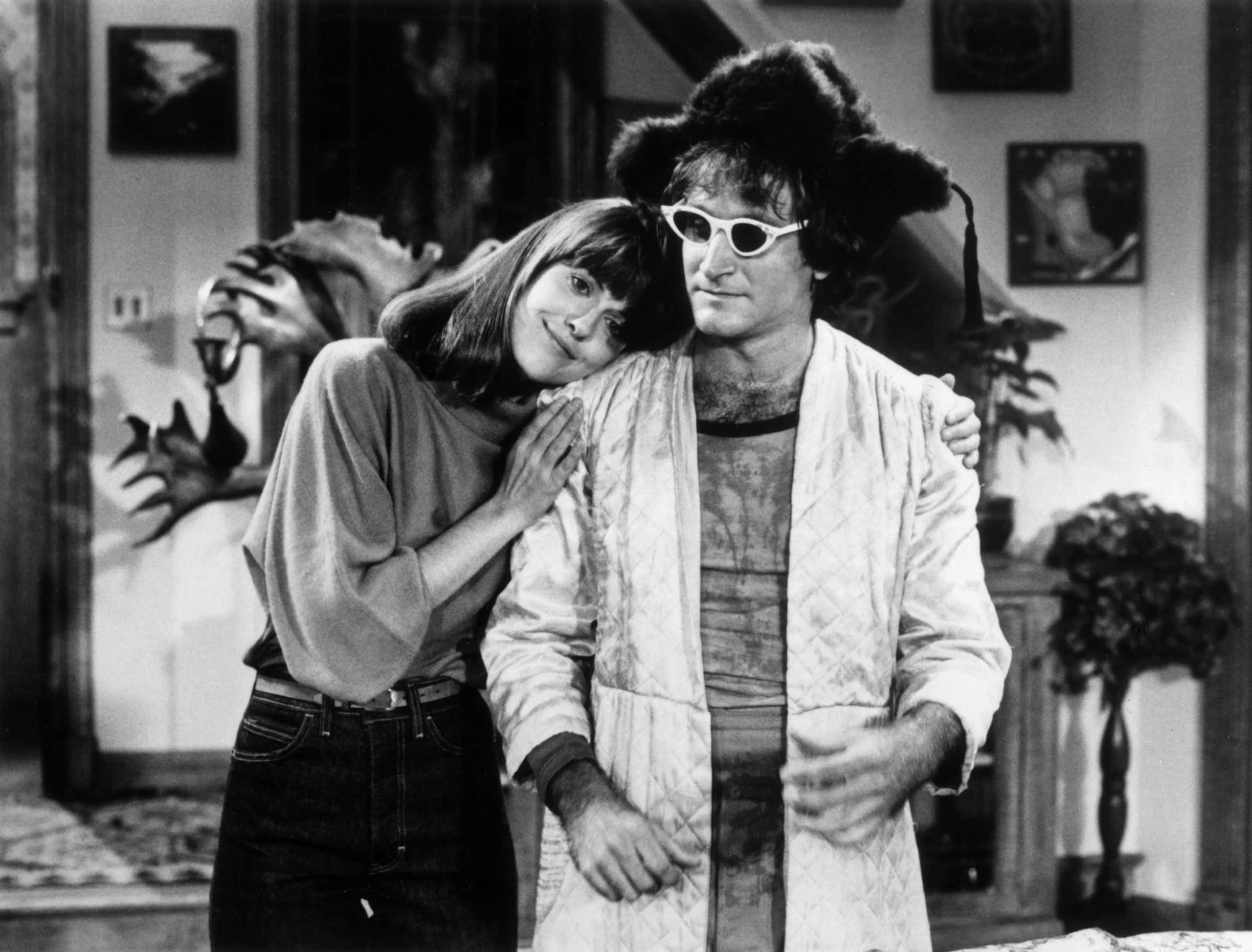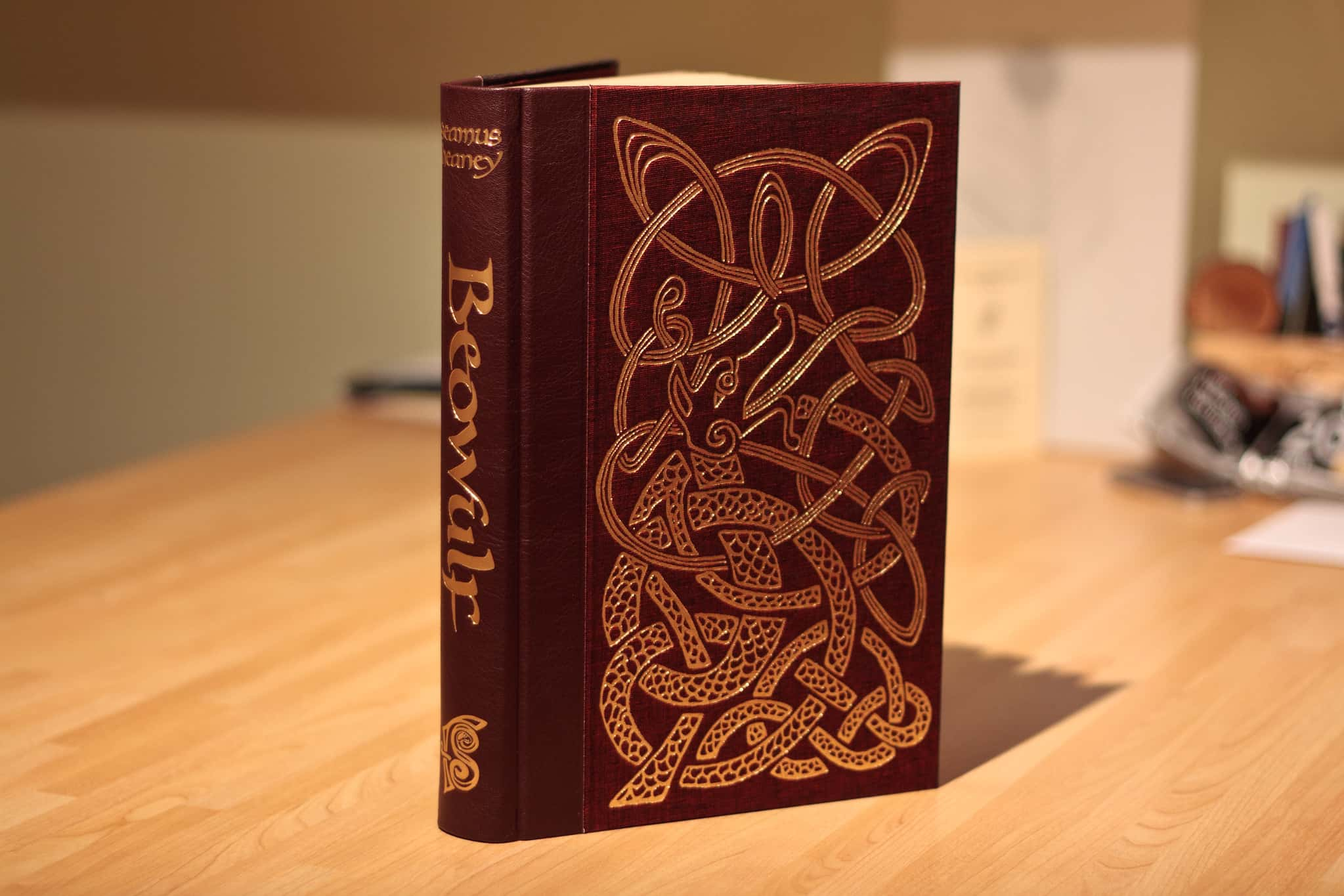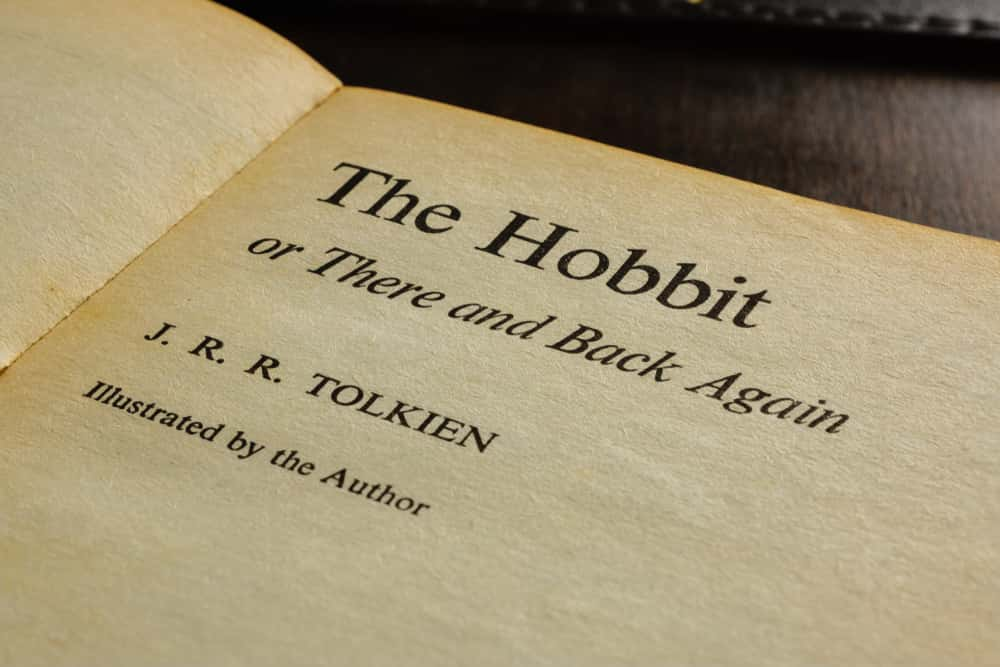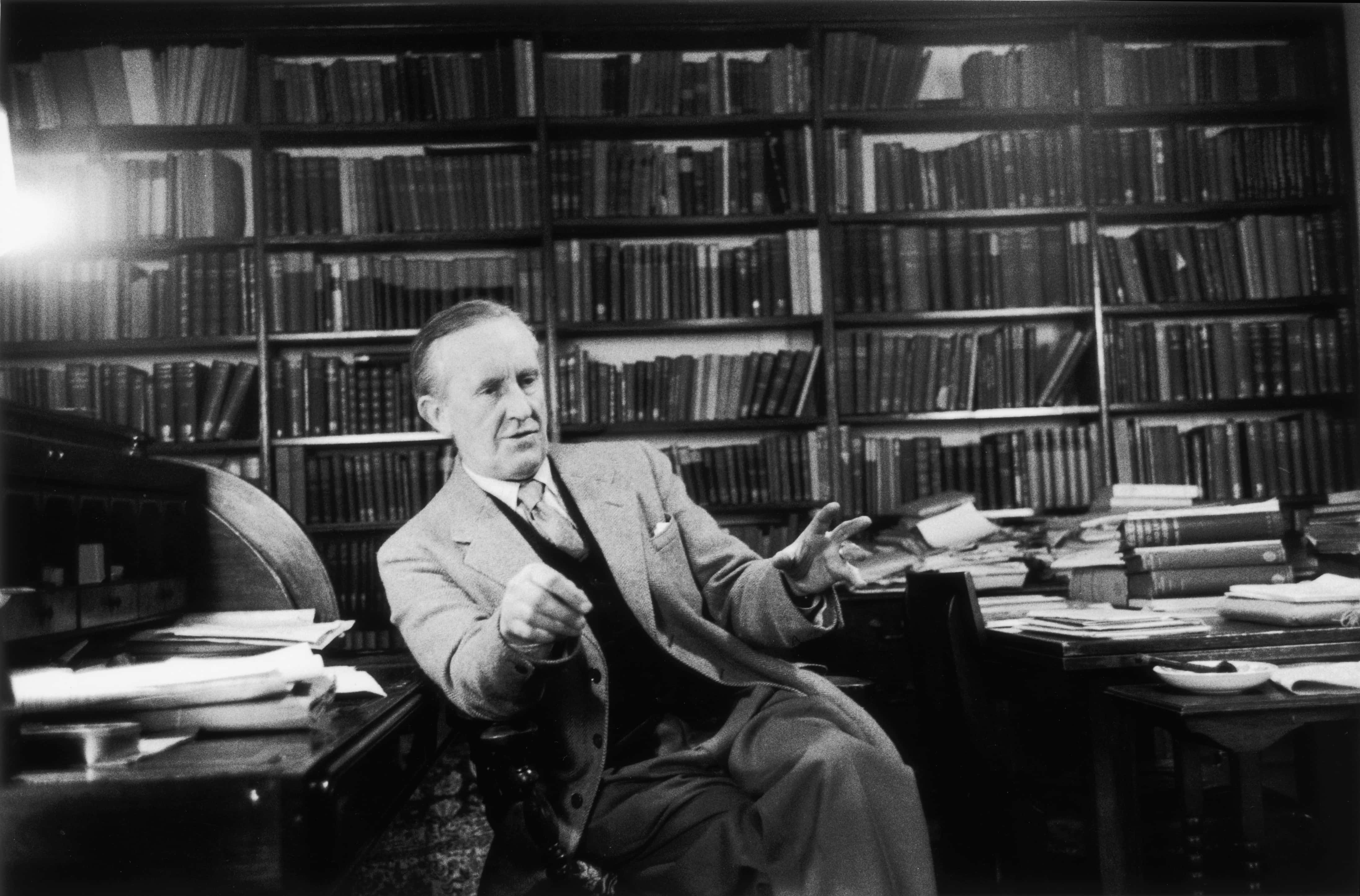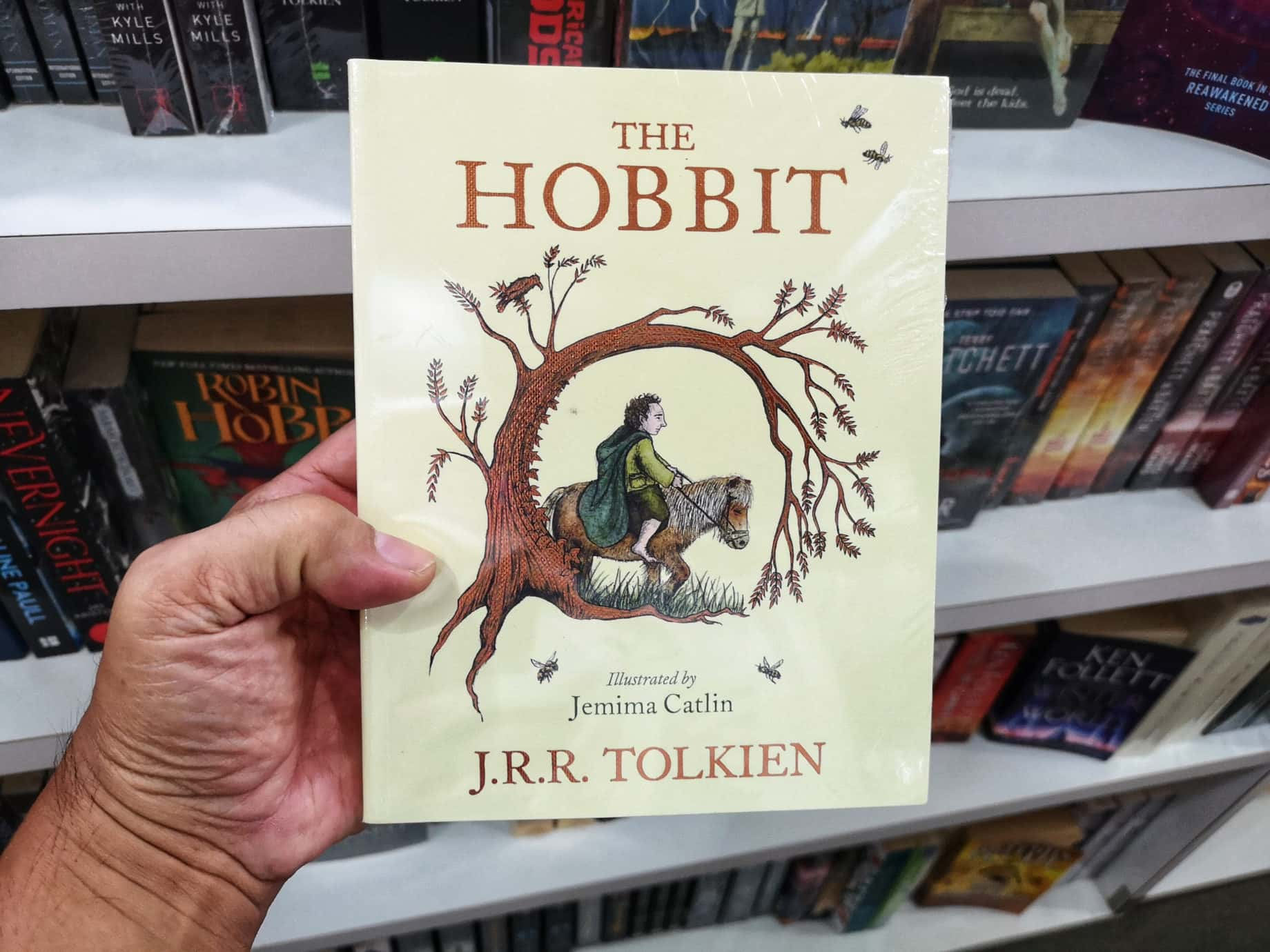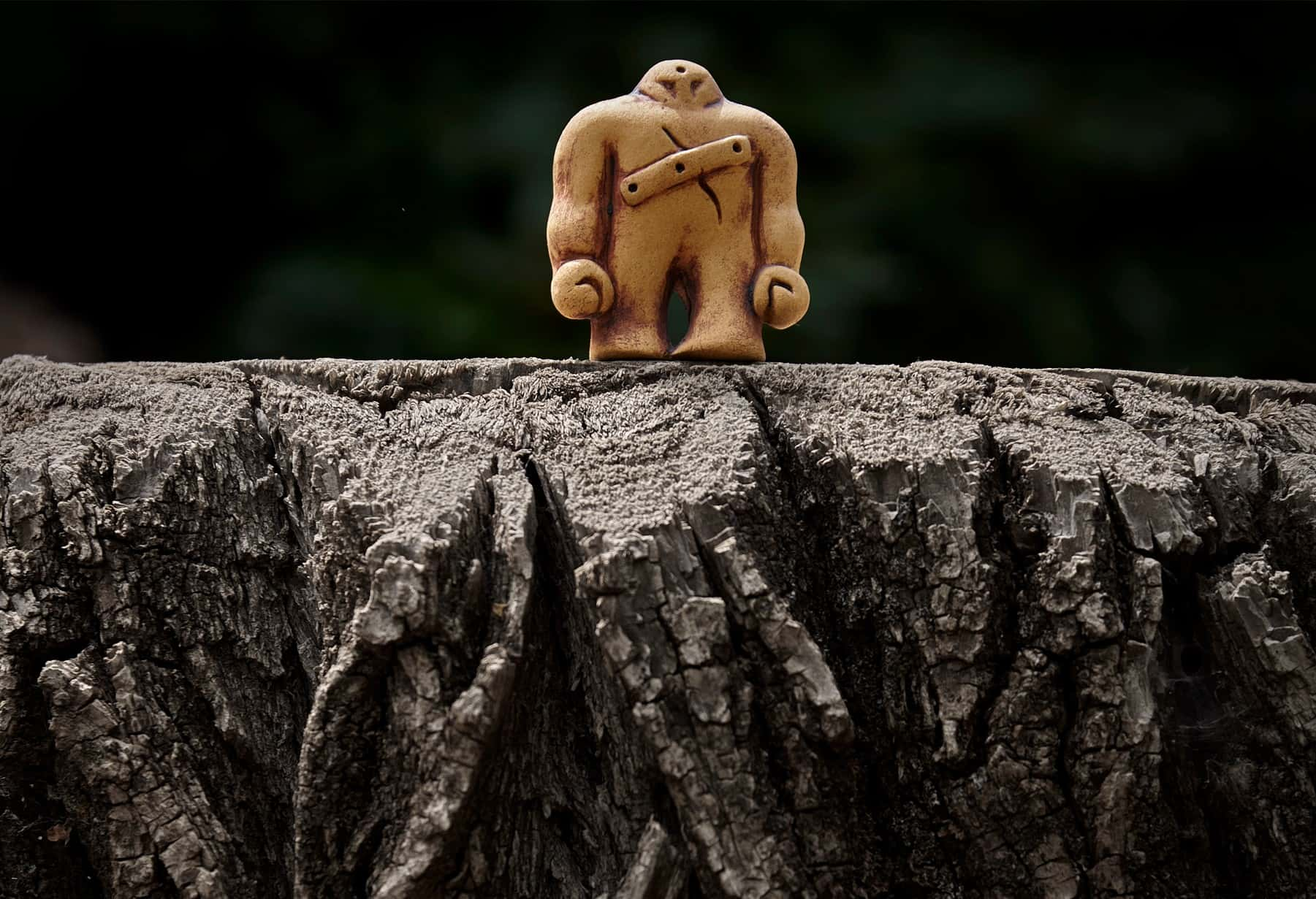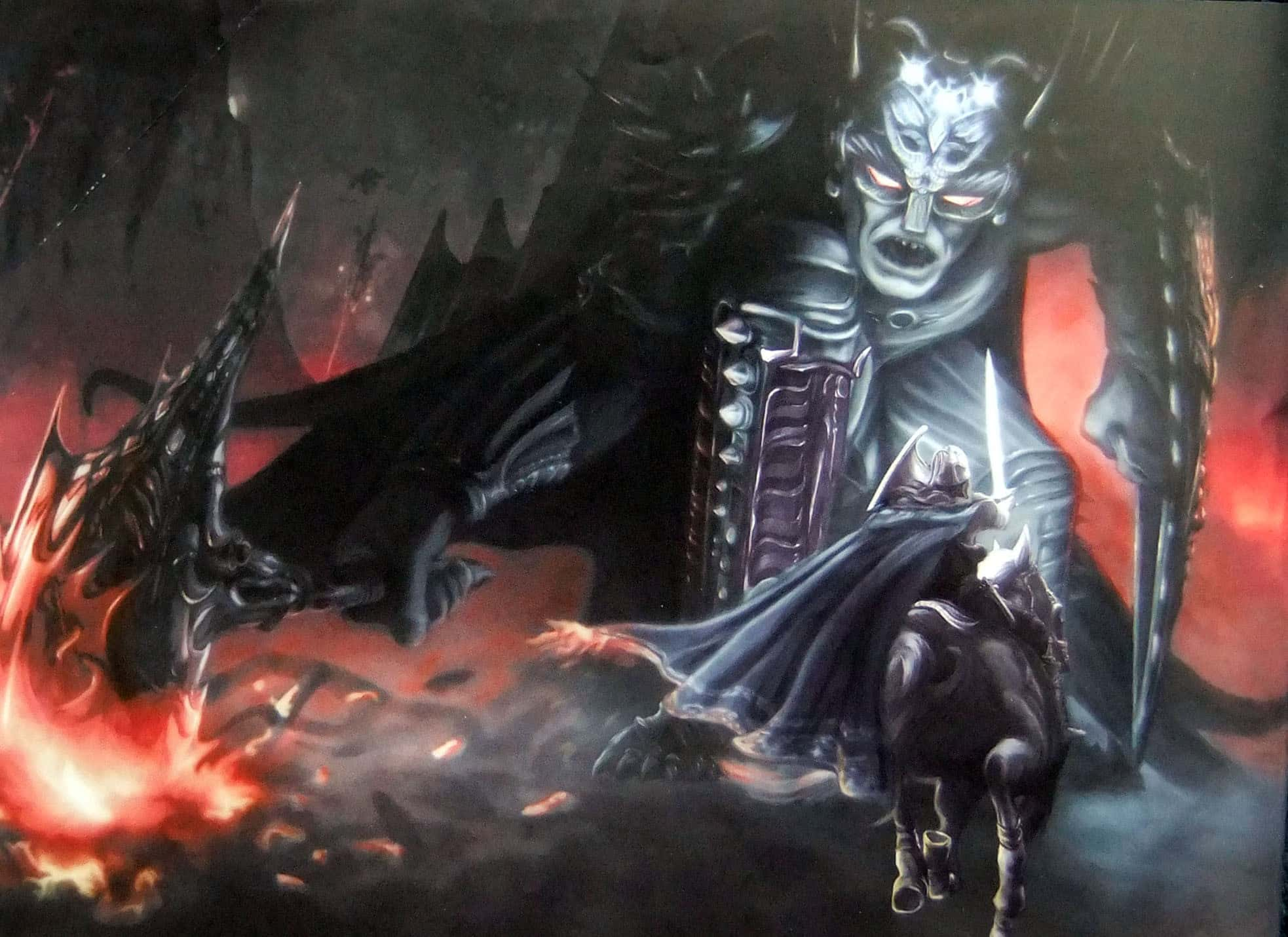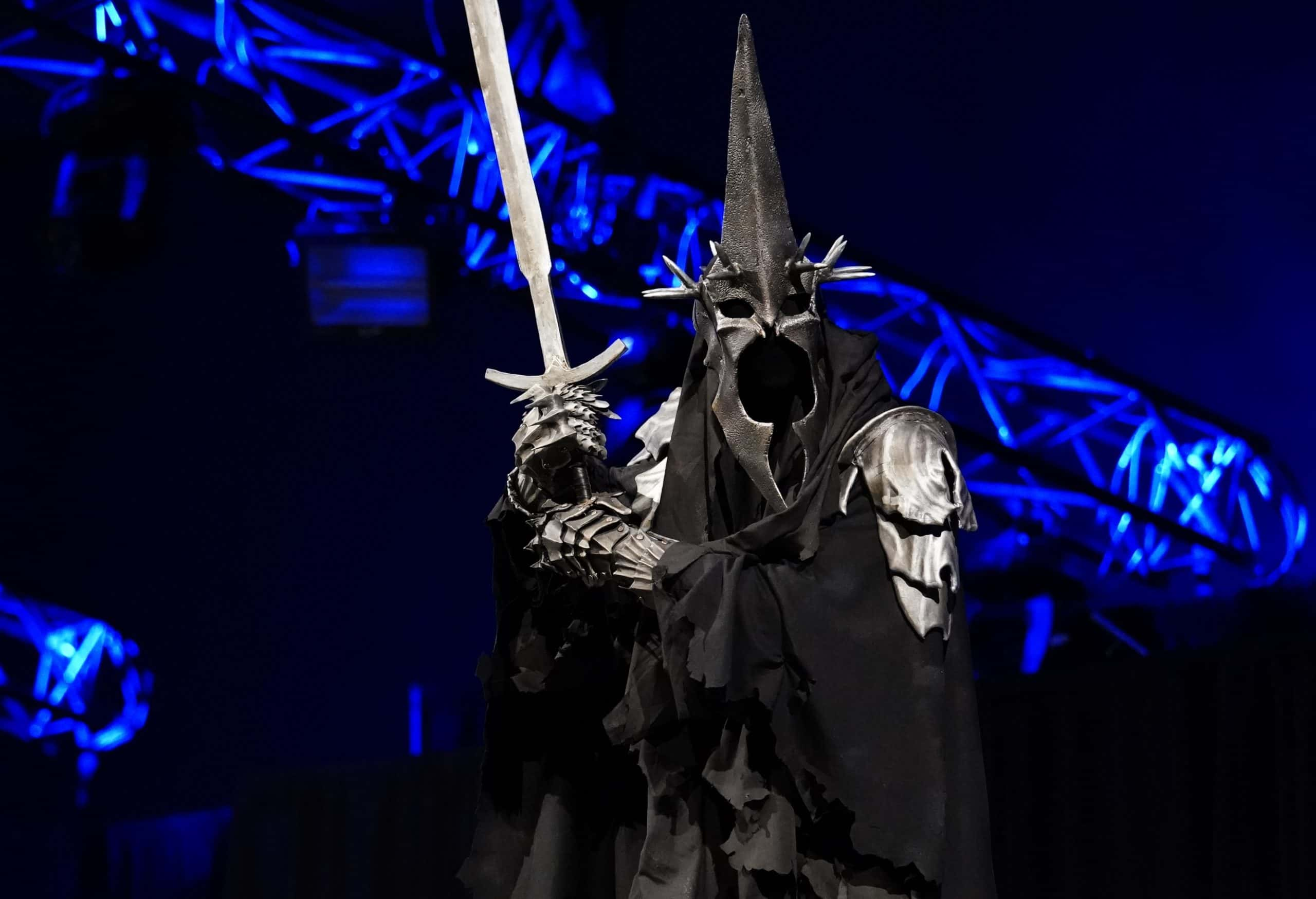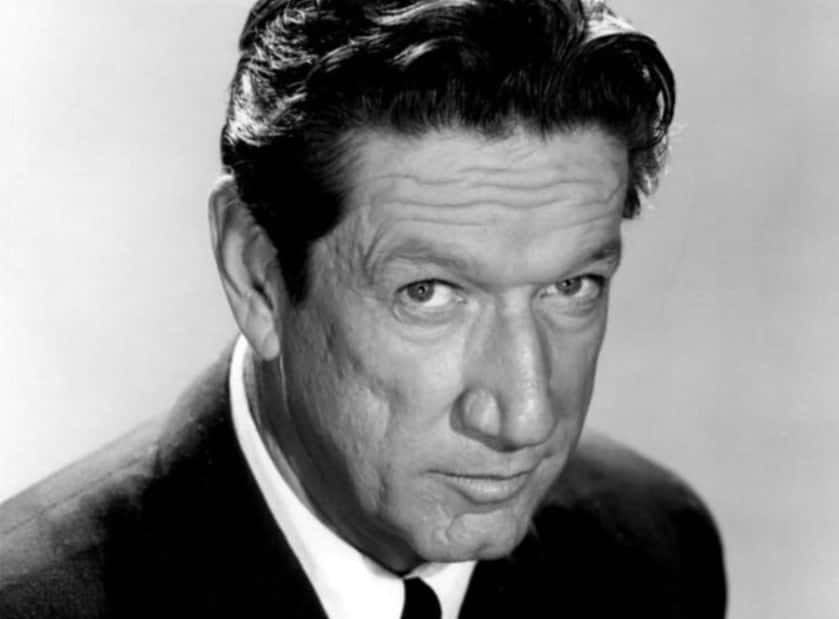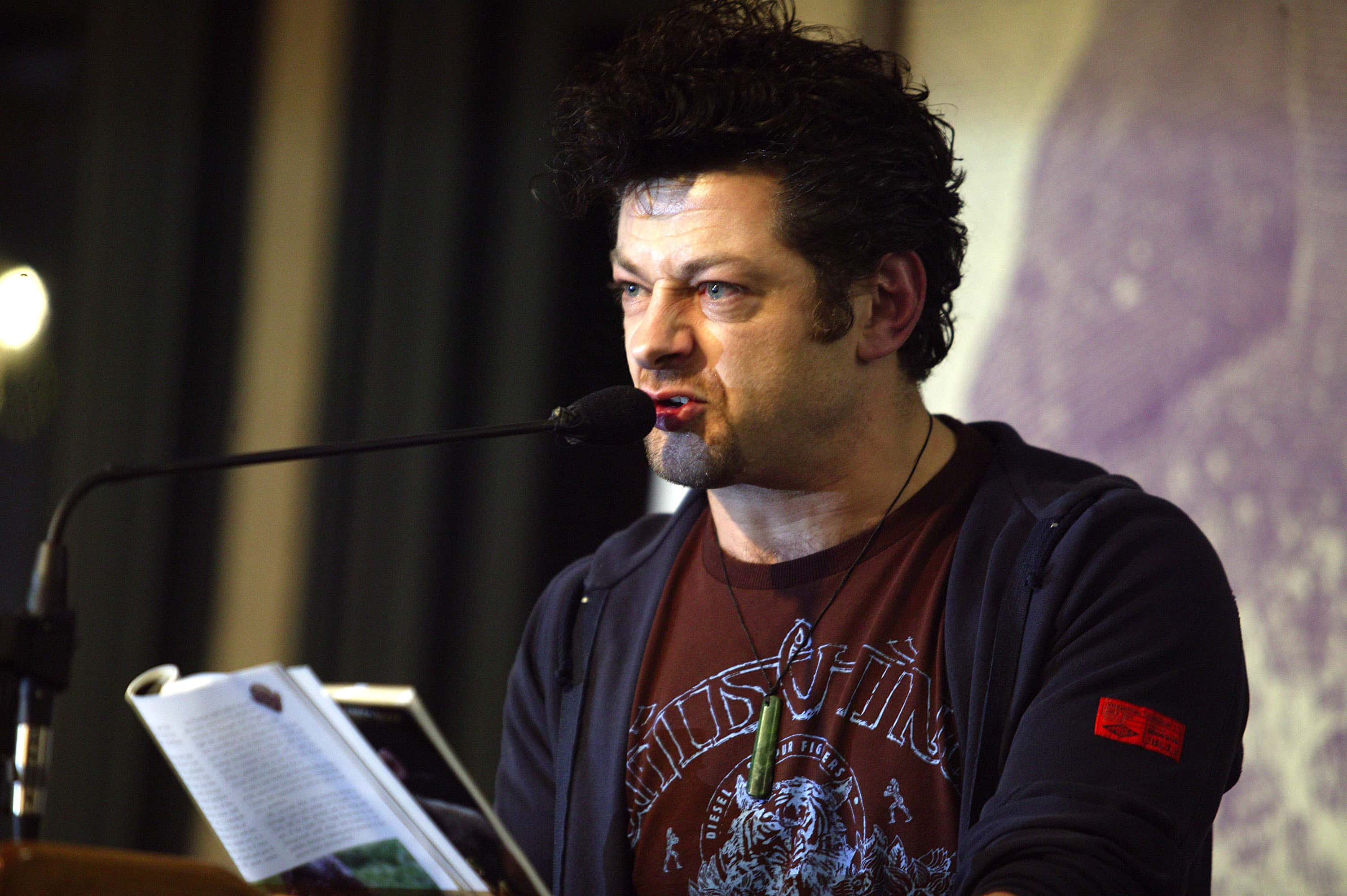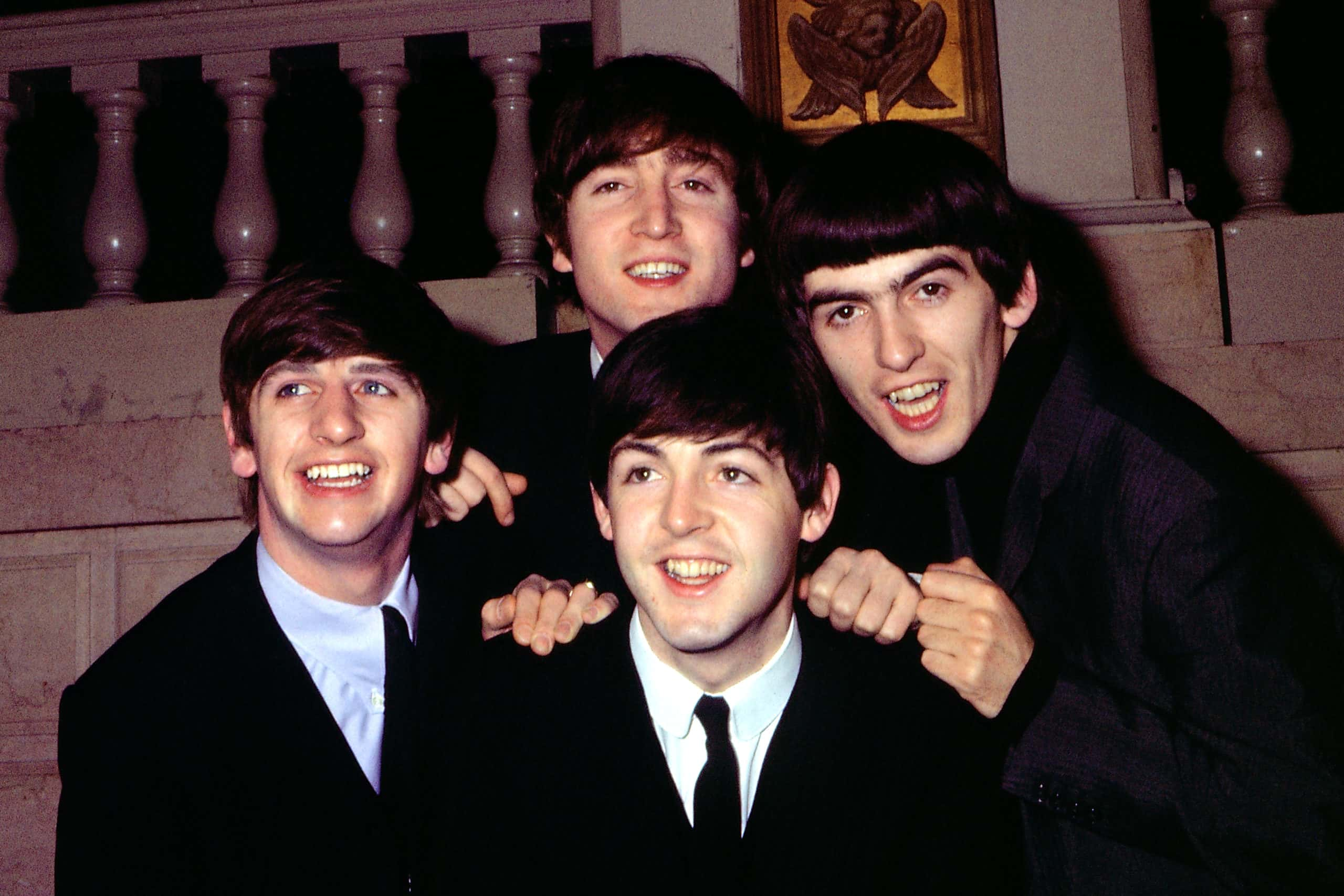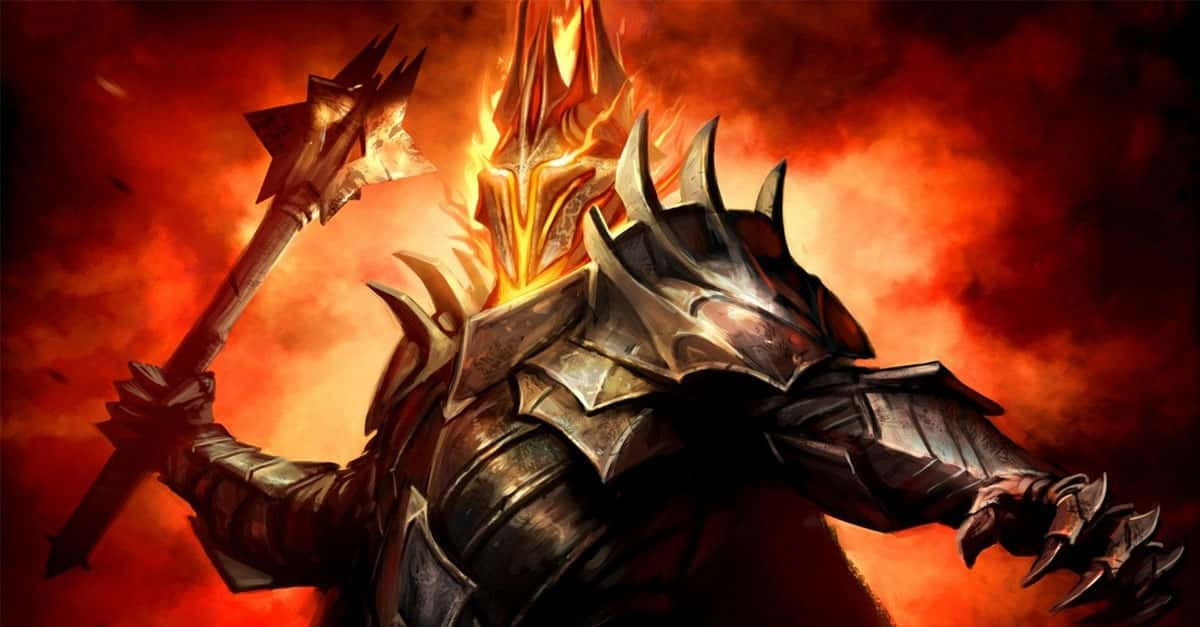“Three Rings for the Elven-kings under the sky,
Seven for the Dwarf-lords in halls of stone,
Nine for Mortal Men, doomed to die,
One for the Dark Lord on his dark throne
In the Land of Mordor where the Shadows lie.
One Ring to rule them all, One Ring to find them,
One Ring to bring them all and in the darkness bind them.
In the Land of Mordor where the Shadows lie.”
― J.R.R. Tolkien, The Lord of the Rings
J.R.R. Tolkien created a lot more than a few fantasy novels—he created his own entire universe filled with its own unique history, characters, and settings. Some of the most memorable characters in both The Hobbit and Lord of the Rings are the villains who inhabit Middle Earth, and there is a lot more than meets the eye about who these villains are, how they operate, and how they came to be. Here are 24 little-known facts about the villains of Middle Earth.
Villains of Tolkien's Middle Earth Facts
24. Game Changers
Some Tolkien fans prefer The Hobbit to Lord of the Rings specifically because of its featured villains. Unlike in Lord of the Rings, where many of the villains are merely subservient subjects of Sauron, The Hobbit's villainous roster features a variety of motivations—and a dragon.
23. Etymology
Although some would be happy just assuming that the term "Orc" is not a real English word, there is actually a complicated and interesting back story as to whether or not Tolkien made this word up or derived it from an Old English word meaning "Demon."
22. Linguistic Legacy
Wherever the term "Orc" came from, Roberta Frank has noted that the same term, albeit with a mild spelling change, was later used as the name of a fictional alien planet in the Robin Williams' sitcom Mork & Mindy. I guess there's just something about that word that inspires authors interested in fictional creatures!
21. Classical Education
The inspiration for Smaug's reaction to the stolen golden cup was the classic English epic Beowulf, of which Tolkien was a huge fan and student.
20. Respecting Elders
Treebeard, the tree-like figure found in The Lord of the Rings, is considered to be the oldest living thing in Tolkien's Middle Earth.
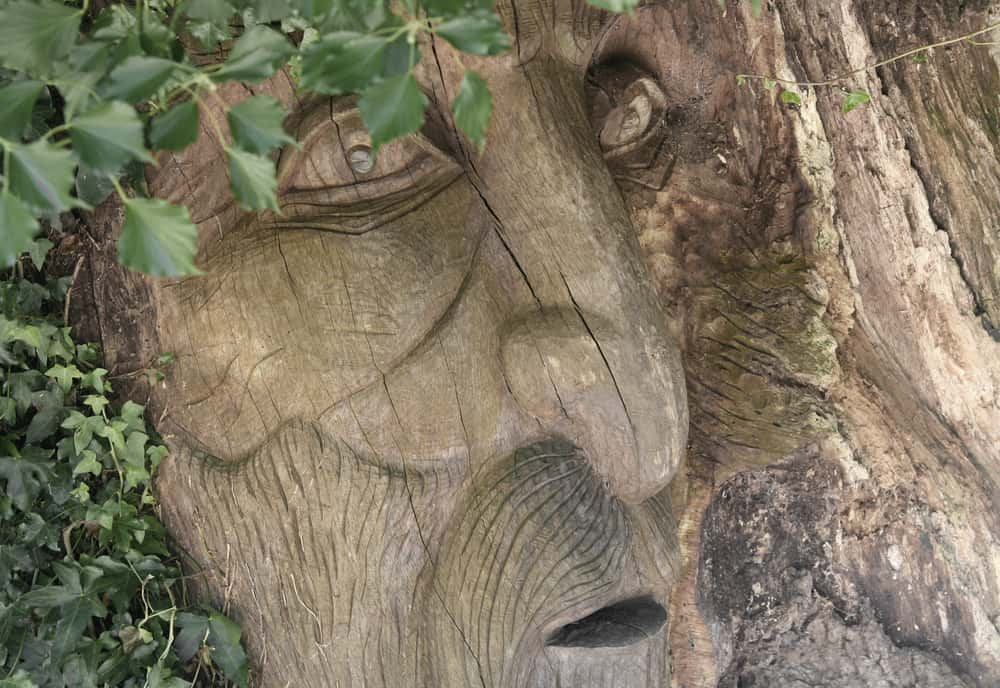 Shutterstock
Shutterstock
19. Punishment of Biblical Proportions
In an obvious allusion to the story of Noah in the Bible, Sauron is punished at one point for his evil by Eru, the omnipotent deity figure in Tolkien's universe, in the form of a giant flood.
18. Accidental Supervillain
Sauron almost never got the chance to become Middle Earth's greatest villain, because Tolkien had originally set out to write a sequel to The Hobbit as his second novel, before realizing that he would prefer to write something that focused more on the development of his mythology.
 The Lord of the Rings: The Return of the King (2003), New Line Cinema
The Lord of the Rings: The Return of the King (2003), New Line Cinema
17. Evolution of the Species
The goblins found in The Hobbit were Tolkien's precursor to the Orcs.
16. Leaving an Impression
If you have seen the Lord of the Rings films but not read the book, you may have a very different impression of the villain Saruman. In the novel, a scene known as the “Scouring of the Shire” takes place toward the end, in which the Shire is found in a ruined and enslaved state thanks to the dark Saruman.
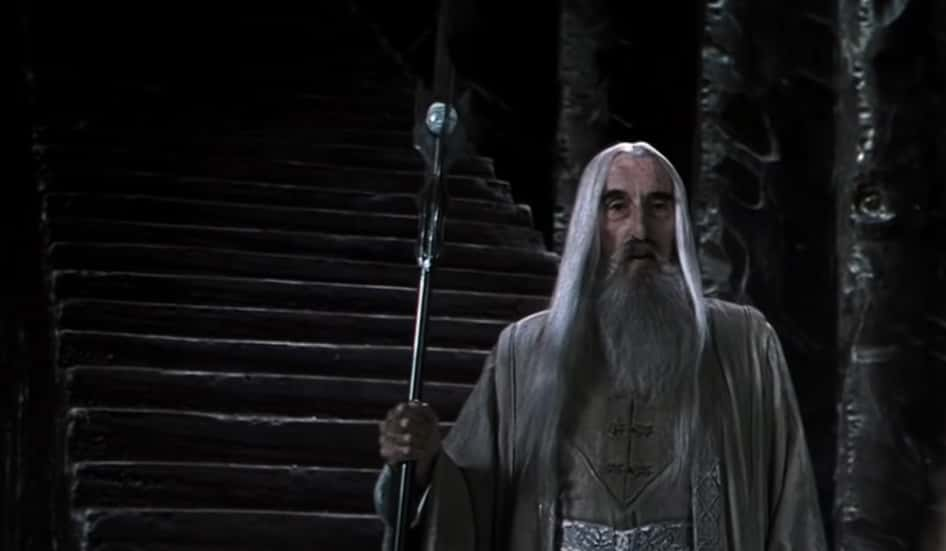 The Lord of the Rings: The Fellowship of the Ring (2001), New Line Cinema
The Lord of the Rings: The Fellowship of the Ring (2001), New Line Cinema

Sign up to our newsletter.
History’s most fascinating stories and darkest secrets, delivered to your inbox daily. Making distraction rewarding since 2017.
15. Public Appearance
Gollum made a memorable live appearance at the 2003 MTV Movie Awards. At the awards, he made an unforgettable speech full of not-so-PG language.
 MTV Video Music Award, MTV
MTV Video Music Award, MTV
14. What's in a Name?
When the hobbits return to the Shire and find it under Saruman's tyrannical rule in the end of Lord of the Rings, they discover that Saruman is now known by the name "Sharkey." While some might wonder why the character's alternate name would be so bizarre and so different from most of the other names found in Tolkien's writings, the name is actually said to be a "sign of affection" and derived from an Orkish word for "old man."
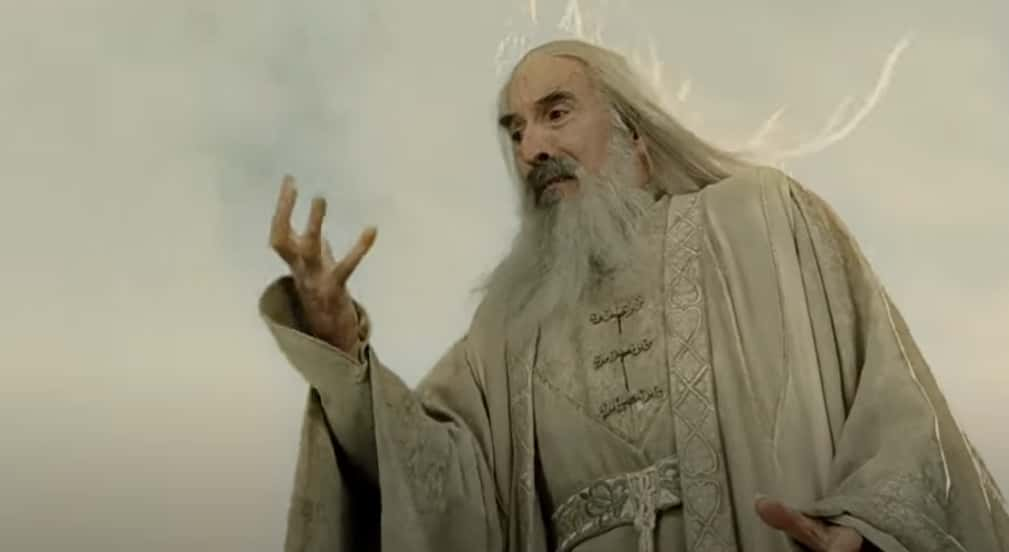 The Lord of the Rings: The Return of the King (2003), New Line Cinema
The Lord of the Rings: The Return of the King (2003), New Line Cinema
13. Delusional Self-Image
The fact that Saruman considers the name Sharkey to be a sign of affection suggests that, despite being a tyrannical leader, he believes himself to be beloved and popular amongst his subjects. This false impression of the effects of one's actions can be taken as a powerful lesson about how absolute power corrupts absolutely.
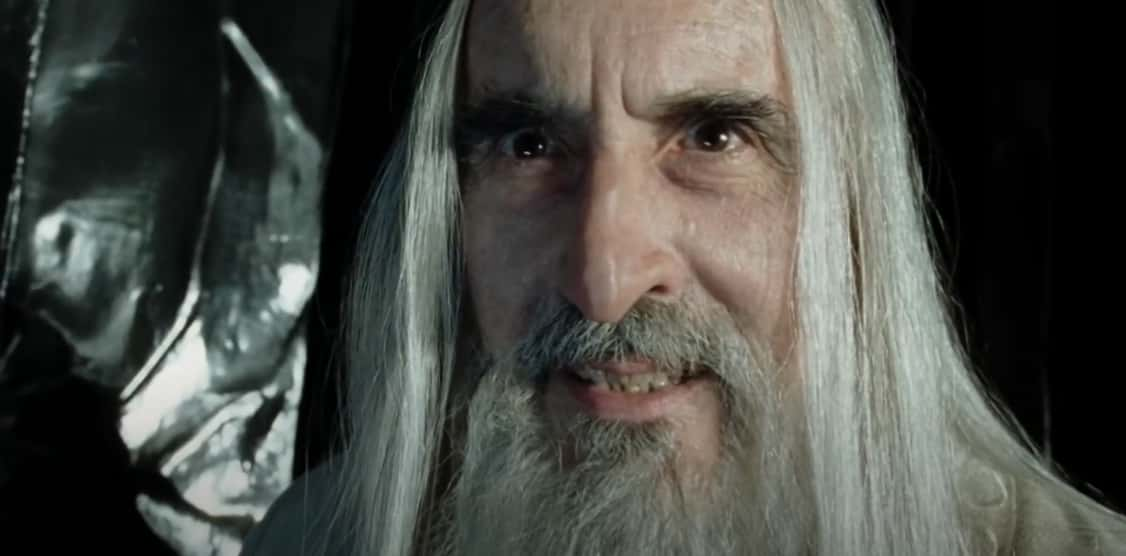 The Lord of the Rings: The Two Towers (2002), New Line Cinema
The Lord of the Rings: The Two Towers (2002), New Line Cinema
12. Striking Similarities
Some fans have tried to interpret the reign and destruction of Saruman over the Shire as a metaphor for the condition that returning British troops found London in after World War II. As logical as this inference may seem, Tolkien himself has rejected the idea that this interpretation was his true intention.
11. New Details
Despite Sauron's distinct appearance in the films, that appearance was not present in the original books—Tolkien intended for Sauron to be vaguely described so that readers are mostly left to wonder about him.
10. Unlikely Influence
Tolkien was a great admirer of the Jewish people, and at times stated that some of the characters of Middle Earth were based on aspects of them that inspired him. For example, he based the language and accent of the dwarves on Hebrew, with which he himself was familiar due to his background in philology.
 Pixabay
Pixabay
9. The Gollum of Prague
Given Tolkien's interest in the Jewish people and their impact on some of the ideas in his writings, some have raised the question of whether Gollum is somehow connected to the medieval Jewish folk-tale monster known as the Golem of Prague. The Golem is a zombie-like monster that was brought to life out of clay using mystical Hebrew letters. Unfortunately for some fans, the similarities seem to go no farther than the name.
8. Worst of the Worst
It can't get much worse than the worst guy in the story, right? Actually, wrong! There is one character in Middle Earth considered worse than Sauron—Morgoth, who is essentially Sauron's boss and mentor.
7. Tragic Flaw
Sometimes one's greatest strengths can become one's fatal weaknesses if they are not put to proper use. This is what happened with the Witch-King of Angmar, who began as a powerful and capable military strategist, only to eventually let that talent corrupt him and be used for evil.
6. Celebrity Voice
A 1977 cartoon version of The Hobbit saw the dragon Smaug voiced by Richard Boone, an actor famous for starring in the popular 1950s and 60s TV series Have Gun — Will Travel.
5. Familiar Feline?
Some might be familiar with a character named Tevildo, described as a cat Prince. It turns out that this character was actually an earlier draft of the villain who would become Sauron.
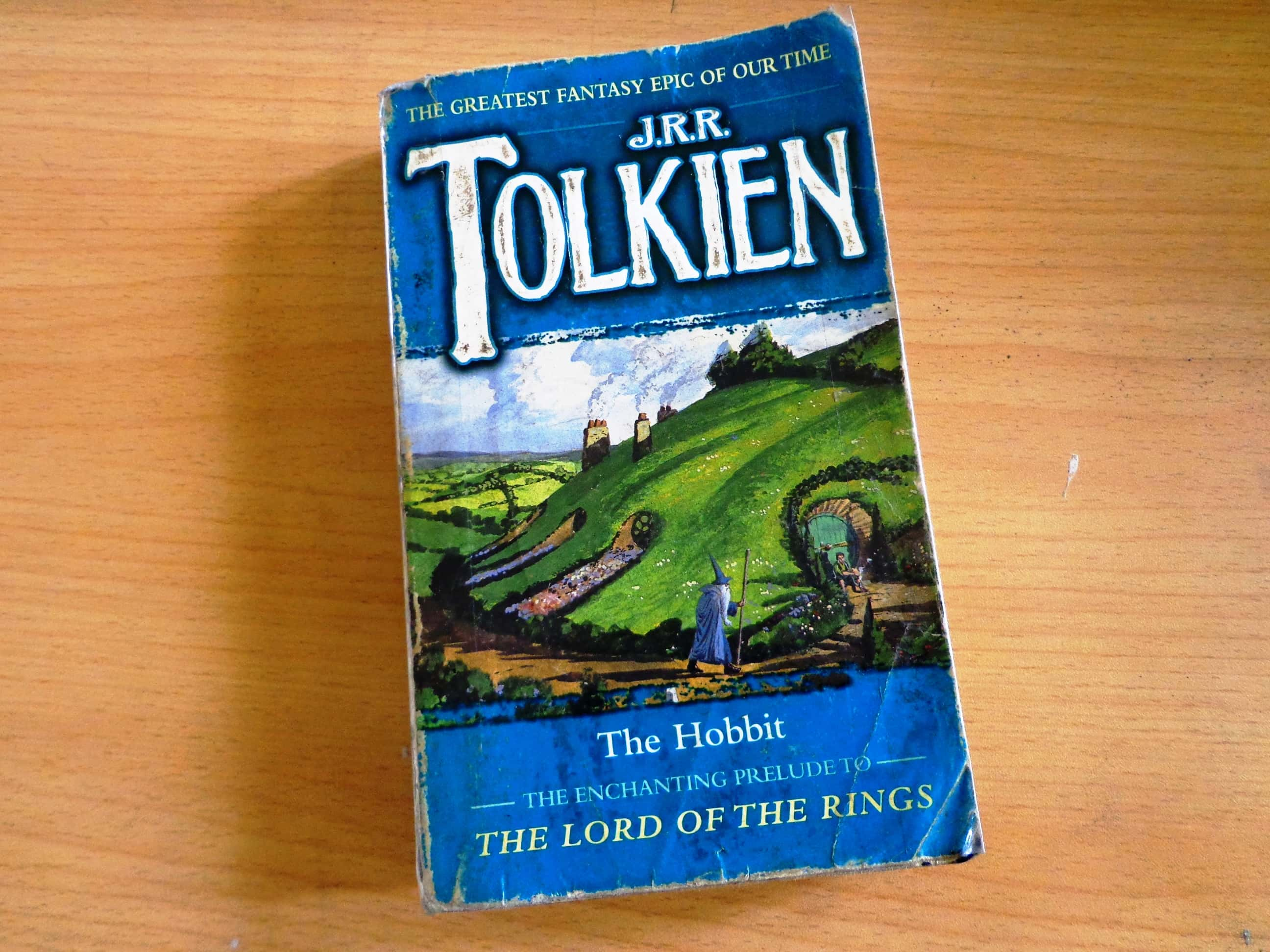 Flickr, dotun55
Flickr, dotun55
4. Hobbit of the Streets
The inspiration for Andy Serkis' performance as Gollum in The Lord of the Rings films was heroin addicts, whom Serkis felt Gollum's obsessive desire for the ring was reminiscent of.
3. Gollum-mania
The Beatles once attempted to have a film version of The Hobbit made starring themselves, and they tried to get legendary filmmaker Stanley Kubrick to direct, though it never came to fruition. It would have seen John Lennon take on the role of Gollum, while Paul McCartney was to be Frodo and George Harrison and Ringo Starr were to play Gandalf and Sam, respectively. I guess we can all "Imagine" how different our ideas of these characters would be if this had actually happened.
2. Legal Matters
As crazy as this sounds, Gollum has actually gotten people in trouble in real life too. A Turkish man was taken to court for allegedly comparing a government official to Gollum, resulting in the forming of a panel of "Gollum experts" to determine whether this was an insult or a compliment.
1. Deeper Meaning
Most fans think that Sauron died when the ring was destroyed, but the truth is much darker. In Tolkien's words in The Return of the King, the destruction of the ring caused Sauron to fall so low that "none can foresee his arising ever again. For he will lose the best part of his strength that was native to him in the beginning, and all that was made or begun with that power will crumble, and he will be maimed forever, becoming a mere spirit of malice that gnaws itself in the shadows, but cannot again grow or take shape."
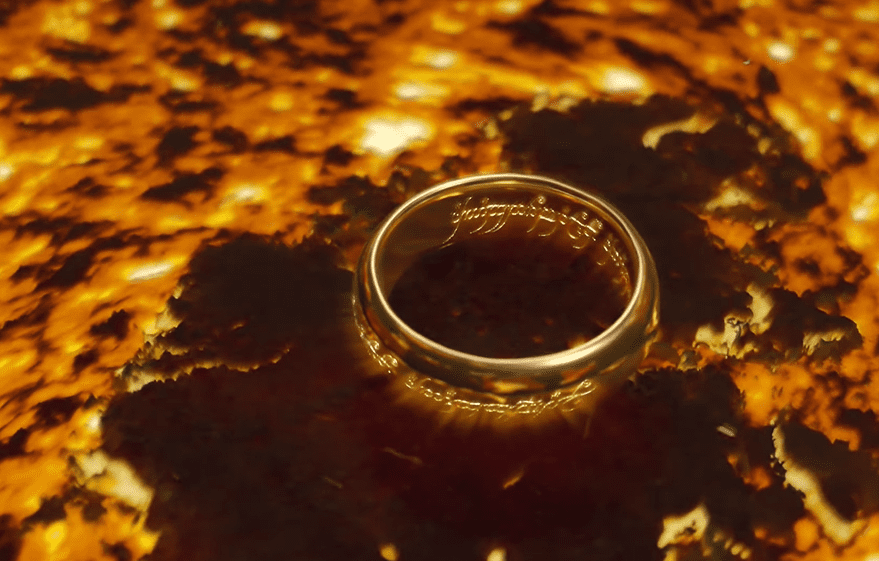 The Lord of the Rings: The Return of the King (2003), New Line Cinema
The Lord of the Rings: The Return of the King (2003), New Line Cinema
Sources: 1, 2, 3, 4, 5, 6, 7, 8, 9, 10, 11, 12, 13, 14, 15, 16, 17, 18, 19


